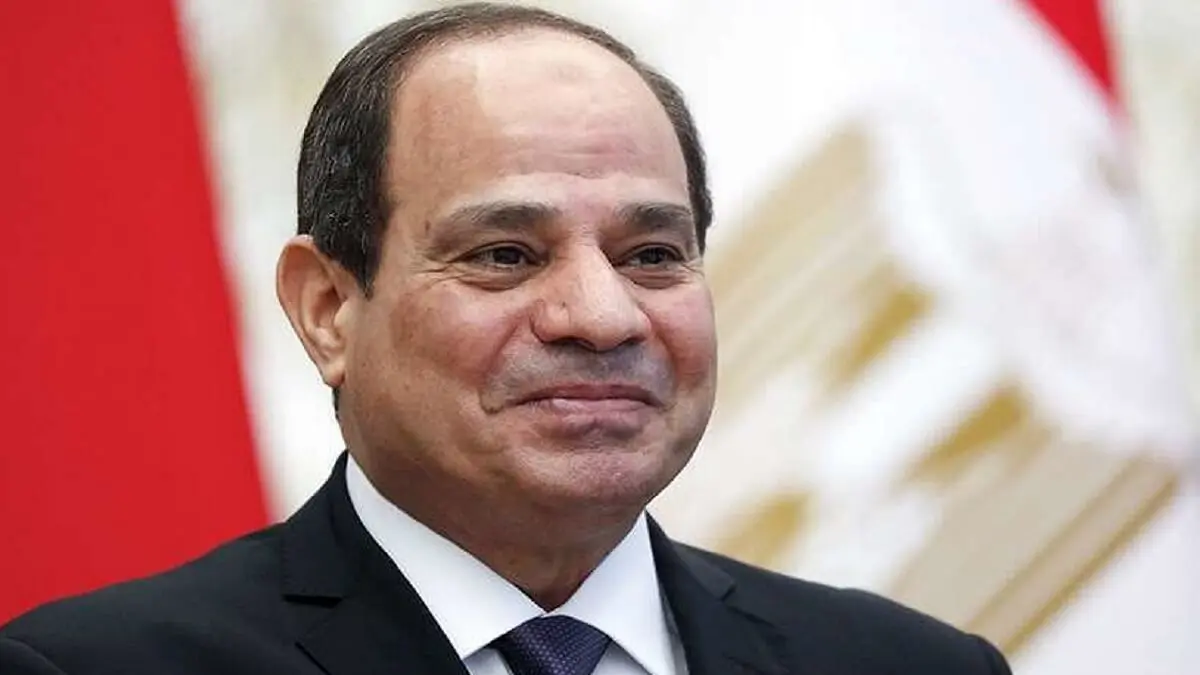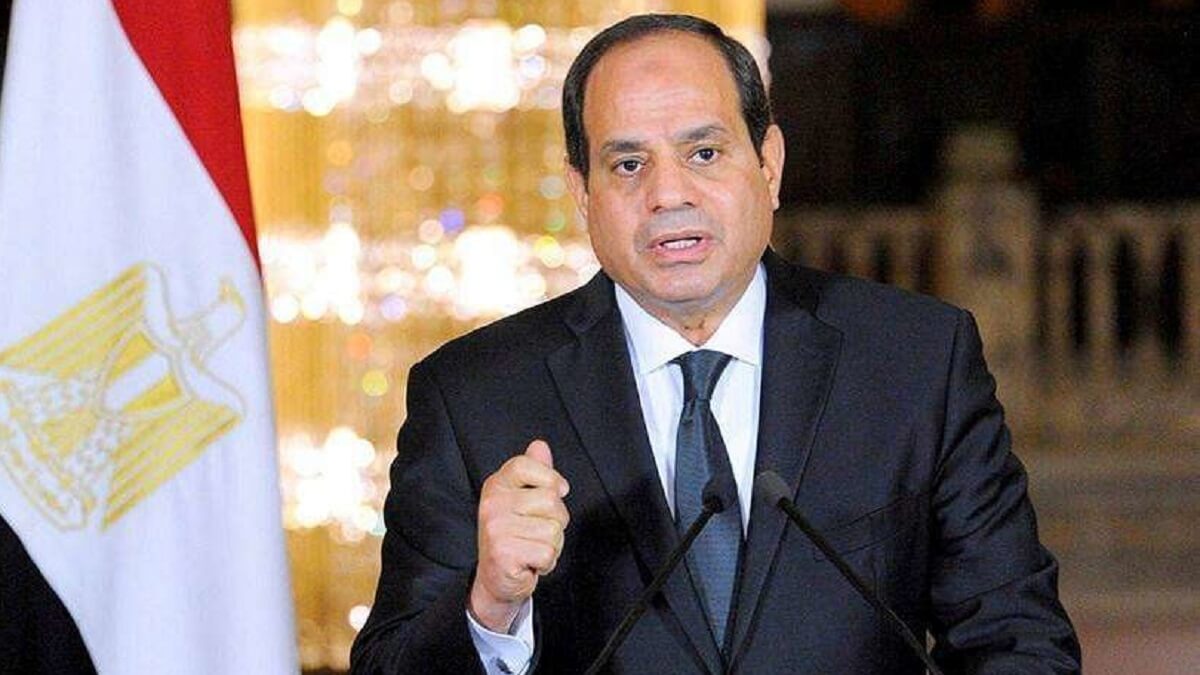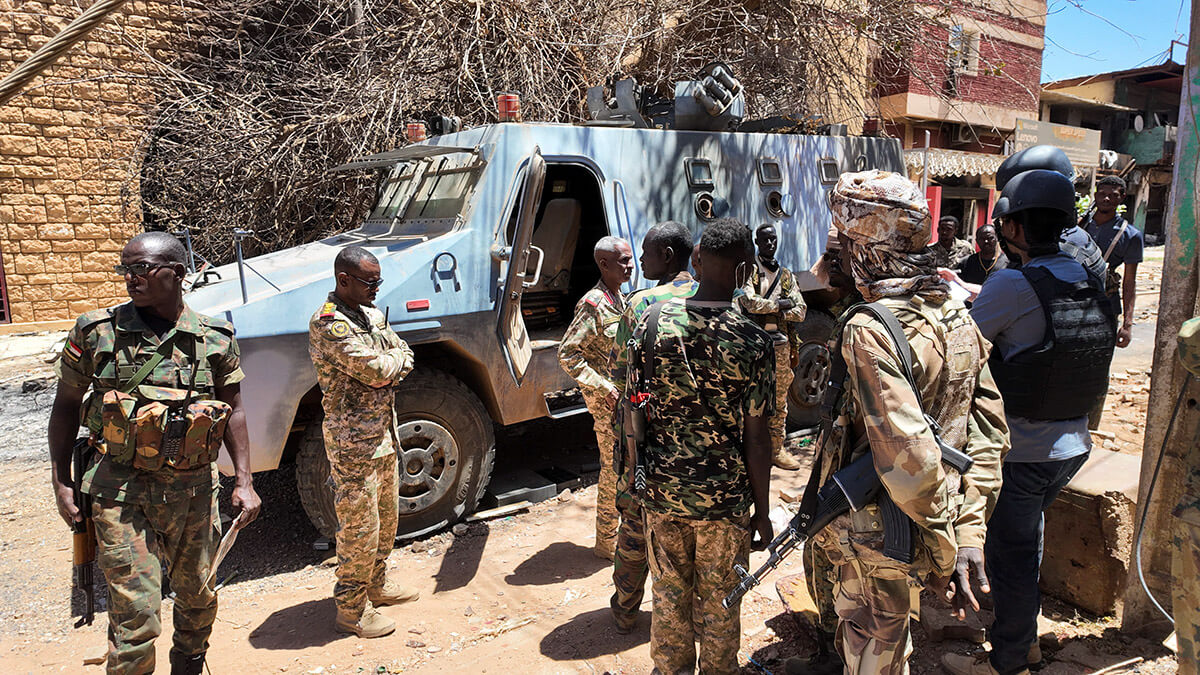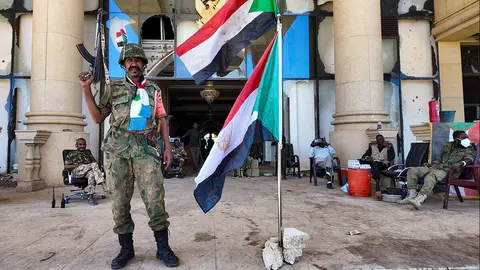Egypt steps up diplomatic efforts to end Sudan war and contain its regional impact

Egypt has stepped up its diplomatic role in the Sudanese conflict, alarmed by the possibility of the war spilling over its borders and by the geostrategic implications of a possible militarisation of the Red Sea. This week, Lieutenant General Abdel Fattah al-Burhan, chairman of Sudan's Sovereignty Council, made his first official visit to Cairo following a series of victories by the Sudanese army over the Rapid Support Forces (RSF).
The meeting with Egyptian President Abdel Fattah el-Sisi took place at a critical moment, with tactical shifts in the war and RSF drone attacks on vital infrastructure, such as power plants and dams, exacerbating Egypt's already delicate water situation. During the meeting, the two leaders agreed to intensify cooperation to support the Sudanese people in conflict areas and advance reconstruction initiatives.
The visit was also marked by Cairo's growing concerns about a possible agreement between Sudan and Russia to establish a naval base in the Red Sea. According to analysts, such an alliance could provoke a reaction from the United States and an increase in its military presence in the region, which would affect maritime traffic and the stability of the Suez Canal, a key hub for the Egyptian economy.
Ambassador Salah Halima, a member of the Egyptian Council for Foreign Affairs, said that the Red Sea issue was central to the talks, given its strategic relationship with the Nile and Egyptian national security. According to Halima, Cairo perceives that conditions are not yet favourable for an operational Russian base and stresses that the priority must be to end the conflict and stabilise Sudan.
For his part, Professor Mohamed Khalifa Siddiq, an expert in political science at the International University of Africa, highlighted that Burhan provided assurances about the non-military nature of the possible Russian presence, which would be more focused on logistical and energy support. Siddiq suggests that if Egypt increased its military and electrical connectivity cooperation with Sudan, Khartoum could reduce its dependence on Moscow.

Domestically, Burhan's goal is to consolidate his legitimacy in the eyes of the international community. From Cairo, he is seeking political backing in his effort to gain recognition as the legitimate leader of a war-torn country. The Egyptian initiative includes calling for a national dialogue between Sudanese forces, facilitating the voluntary return of refugees (more than 200,000 Sudanese have recently returned from Egypt), and supporting the reconstruction of infrastructure destroyed by the conflict.
At the same time, the recent visit of Egyptian intelligence chief Hassan Mahmoud Rashad to Port Sudan provided new assurances about security in the northern state, which borders Egypt, amid rumours of a possible RSF offensive.

Finally, a statement from the Egyptian Presidency confirmed that mechanisms to strengthen bilateral ties in key sectors such as energy, rail transport, trade, health, agriculture, mining, and scientific and cultural exchange were discussed. The stated objective is strategic integration that harnesses the economic and human potential of both nations.
Egypt, aware of the threat posed by an unstable Sudan on its southern border, seems determined to take a more active and constructive role in resolving the conflict, seeking to prevent the Red Sea from becoming the next flashpoint between global powers.










